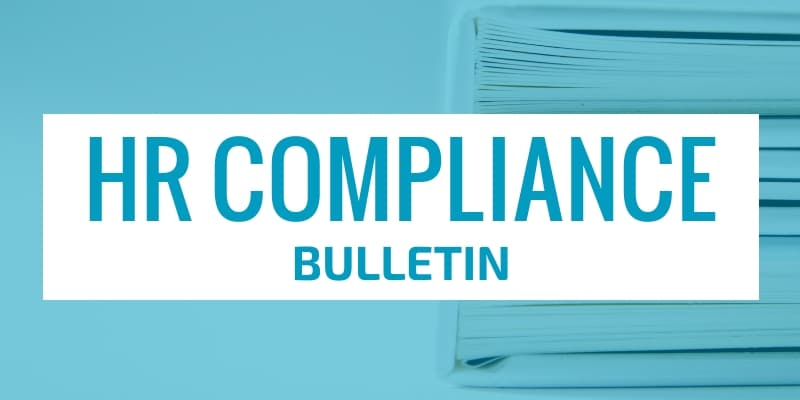16 Apr HR Toolkit: The Employer’s Guide to COVID-19
This HR Toolkit provides an overview of pressing issues employers face, including vital information on new federal laws such as the Families First Coronavirus Response Act (FFCRA) and Coronavirus Aid, CARES Act, HIPAA privacy considerations, layoffs and furloughs, tax credits and much more. Note, due to the developing nature of the pandemic, the guidance in […]


 On March 27, 2020, the U.S. Congress passed the Coronavirus Aid, Relief and Economic Security Act (CARES Act) to provide $2.2 trillion in federal funding to address the COVID-19 crisis. The president signed the CARES Act into law the same day.
On March 27, 2020, the U.S. Congress passed the Coronavirus Aid, Relief and Economic Security Act (CARES Act) to provide $2.2 trillion in federal funding to address the COVID-19 crisis. The president signed the CARES Act into law the same day. The Coronavirus Aid, Relief and Economic Security Act (CARES Act) creates an employee retention tax credit, which is designed to encourage eligible employers to keep employees on their payroll, despite experiencing economic hardship related to COVID-19.
The Coronavirus Aid, Relief and Economic Security Act (CARES Act) creates an employee retention tax credit, which is designed to encourage eligible employers to keep employees on their payroll, despite experiencing economic hardship related to COVID-19. On March 27, 2020, President Trump signed the Coronavirus Aid, Relief and Economic Security Act (CARES Act) into law to provide $2.2 trillion in federal funding to address the COVID-19 crisis. The CARES Act makes a variety of changes affecting health plans.
On March 27, 2020, President Trump signed the Coronavirus Aid, Relief and Economic Security Act (CARES Act) into law to provide $2.2 trillion in federal funding to address the COVID-19 crisis. The CARES Act makes a variety of changes affecting health plans.